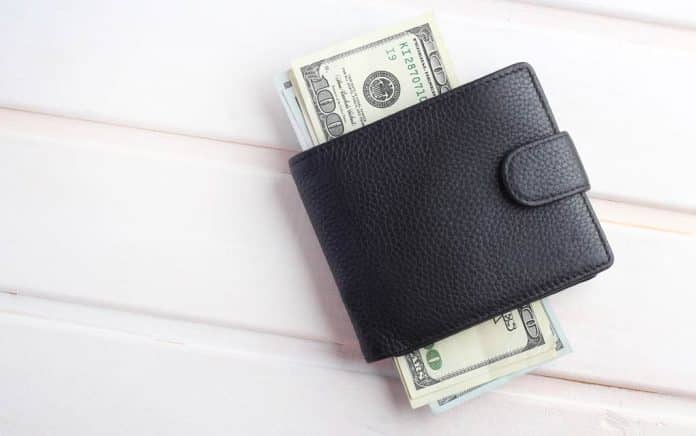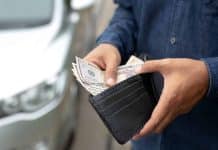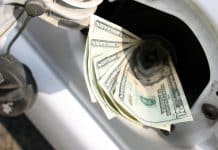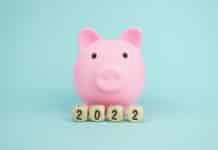
(FinancialHealth.net) – It’s only a few dollars. It’s not a big deal to grab that cup of coffee every morning or that snack during work. While it may seem like only a few dollars at the time, add up all of those purchases that have been made and think about how much is really being spent.
Those small spending habits costing bigger bucks than realized.
Daily Drinks and Snacks
Say you get a daily drink or snack. You spend $5.00 every time. Do that five days a week and you just spent $25. Continue every week of the month and that’s $100 you just spent on one small habit.
When you’re getting that $5 Starbucks drink each time, or grabbing a coffee and a snack, you’re quickly racking up even more. Make your coffee at home and grab a box of affordable snacks from the store and you’ll save tons of money in the long run.
Restaurants and Fast Food
While it’s fine to treat yourself once in awhile, you shouldn’t make a habit of getting fast food or eating out at restaurants. The costs associated with both of these businesses is quite high. If you just grab a $1 taco for yourself every so often, it’s not such a big deal.
If you and your family are getting food frequently, you’re probably racking up hundreds of dollars on food. Make more meals at home and you’ll save a considerable amount. It’s not just costing you directly; it’s also adding up to large health-related expenses that you could easily avoid.
Smoking
Sure you want that $6 pack of cigarettes, and it’s only a few dollars to spend on a habit that’s hard to break. But how many packs do you buy per week? If you’re sticking to one a week, the cost won’t add up to much. Most people are getting at least a few packs a week though, meaning they’re spending $72 or more a month on cigarettes.
Switch to a cheaper kind at least if you’re going to continue, or consider putting that money toward a method that will help you quit smoking.
Impulse Shopping
Perhaps you head into the store after seeing a cute shirt in the window. Maybe you found a deal online you couldn’t pass up. Impulse shopping is a fast way to rack up the money you spend during the month.
If you know you need new clothes, add the expense to your budget. If you don’t really need anything, skip the impulse and save the money for the bills you have to pay. You’ll thank yourself later.
Small costs add up to big money if you’re not careful. If you don’t want to skip the small spending habits, at least add it to your budget so you can accurately assess your spending and plan for it. You wouldn’t want to miss an important payment because you can’t beat that coffee addiction.
~Here’s to Your Financial Health!
Copyright 2020, FinancialHealth.net


















